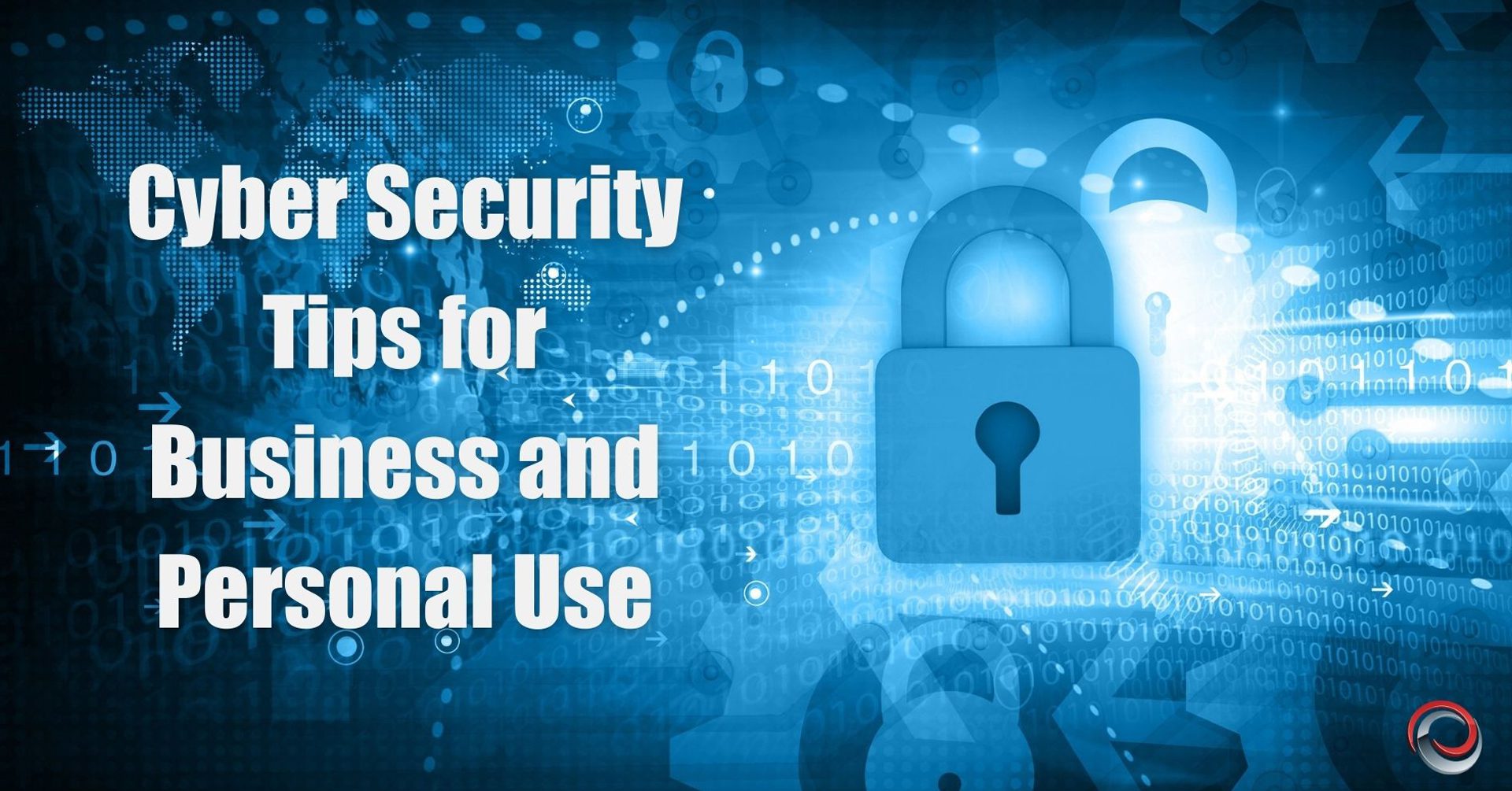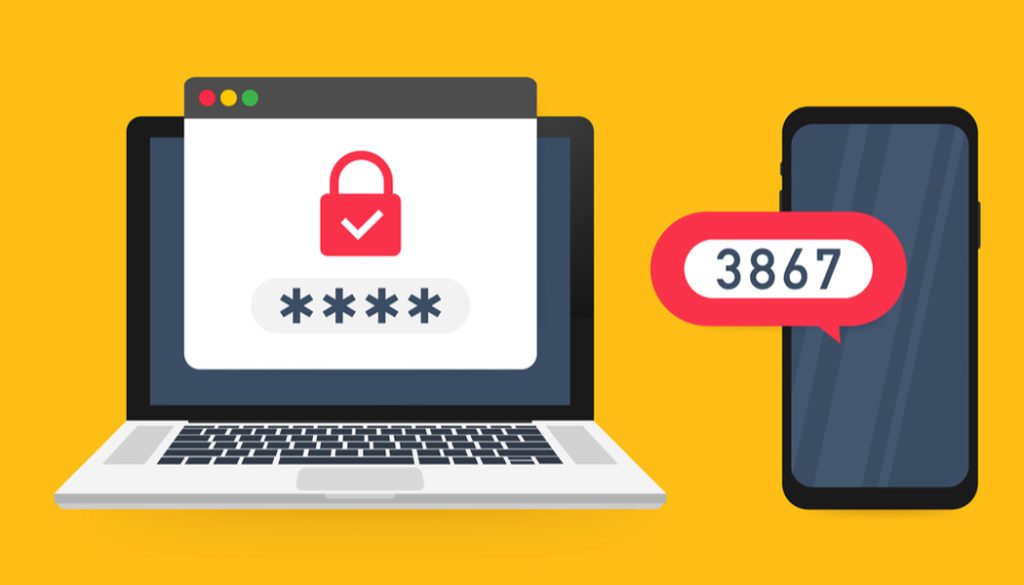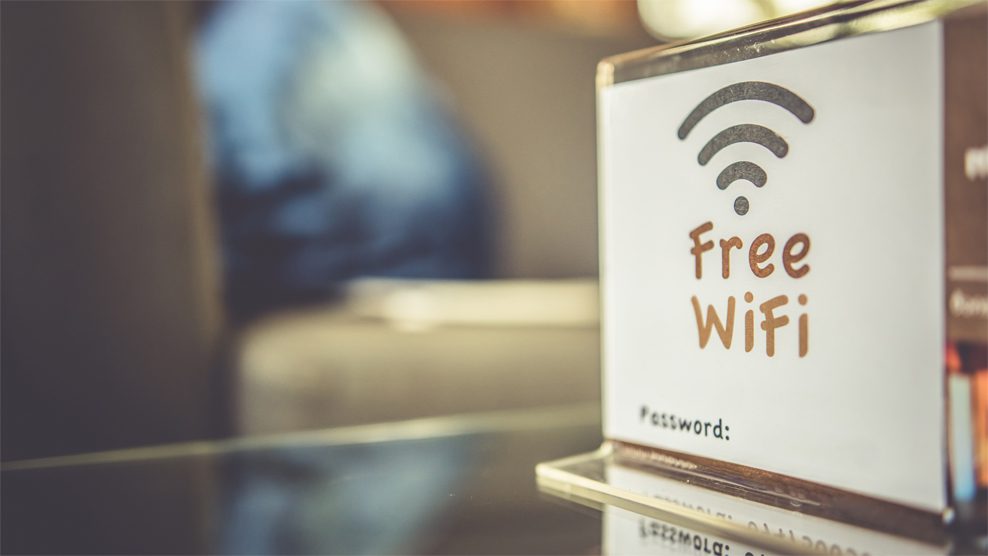
As we spend more time online at work, at school, and at home, cybersecurity is an increasingly pressing concern. We’re sharing more of our personal data online than ever before, and we don’t want this data to fall into wrong hands. So protecting sensitive data is critical for businesses and individuals.
1. Use Antivirus Protection Software and Firewalls
Antivirus protection software is the most commonly used tool to combat cyber-attacks. Antivirus software prevents malware, such as viruses, Trojan horses, and spyware, from infecting your device and exposing your data to hackers. Using a firewall is another way to block suspicious activity and keep your data safe from bad actors. Windows and MacOS have built-in firewalls, and many antivirus software includes this feature as well.
2. Use Strong Passwords (And Use a Secure Password Management Tool to Remember Them)
You’ve probably heard that strong passwords are a must for keeping your data safe online. When creating or updating your passwords, here are some tips to consider:
- Use at least eight characters for your password, though you can go longer as the application you’re using allows.
- Don’t use the same password on more than one account.
- The password should contain a mix of lowercase letters, uppercase letters, numbers, and symbols. Some sites don’t let you use certain symbols, so check the site’s password rules.
- Never leave passwords in places where someone else could find them. Use a secure password management application to keep track of your passwords so you don’t have to remember them all.
- Reset your passwords when you forget them. Change them at least once per year, if an application doesn’t force you to do so sooner.
3. 
A site that uses multi-factor authentication is one that prompts you to verify your identity in an additional way after you enter your username and password. This usually involves texting or emailing you a verification code or using an authentication app on your smartphone. Take advantage of this extra layer of security when a site makes it available.
4. Be on the Lookout for Phishing Scams
In a phishing scheme, an attacker poses as a person or company they think their target will trust to trick them into divulging usernames or passwords, clicking a malicious link, or opening an attachment containing malware. A few important cybersecurity tips to remember about phishing schemes include:
- Don’t open email from senders you don’t recognize.
- Learn how to determine which links are safe and which are not. Hover over a link to see where it really directs to, as many of the links written out in phishing emails are falsified.
- Pay attention to the senders on emails you receive. Notice if there are grammatical errors or details that don’t make sense.
- Your friends’ and co-workers’ email account can get infected with malware and send malicious links, so double-check anything that seems out of character for the individual or business emailing you.
5. Be Careful on Social Media
Be very cautious about the personal information you post on your social media accounts. Don’t publish sensitive information about yourself or your loved ones on social media. Review your privacy settings across all your social media accounts, particularly those with more complex settings, such as Facebook. Adding your home address, birthdate, or any other personal data will dramatically increase your risk of a security breach.
6. Back Up Your Data Often
Regularly backing up your data is an often-overlooked step in personal online security. Cybersecurity consultant Peter Krogh suggests the 3-2-1 backup rule. Keep three copies of your data on two different types of media (your device’s hard drive and an external hard drive) and one copy on a cloud storage platform. If your primary device gets infected with ransomware or malware, you can clear that hard drive and use your backup to bring over your data to a new, uncompromised device.

Don’t use a public Wi-Fi network for any task that involves personal data, financial information, or inputting a password. This includes online banking, accessing medical records, or online shopping. If you must do any of these tasks on a public network, use a virtual private network (VPN) that encrypts your activity.
Use these tips to keep your personal data safe while online. But you should also consider cyber liability insurance, which protects businesses and individuals from large losses if they ever do find themselves the victim of a cyber-attack. Contact us to learn more about this increasingly essential coverage.
Source: https://www.executech.com/insight/following-easy-digital-security-tips/
https://cipher.com/blog/10-personal-cyber-security-tips-cyberaware/



